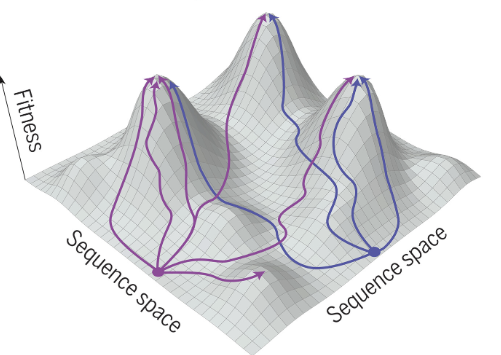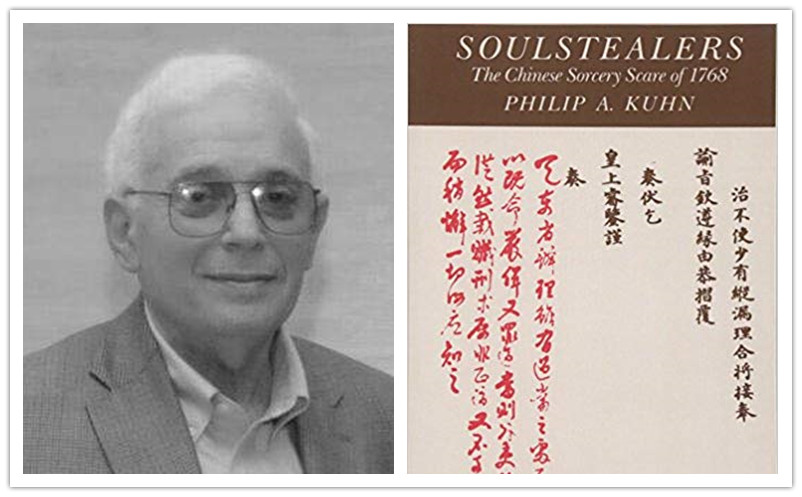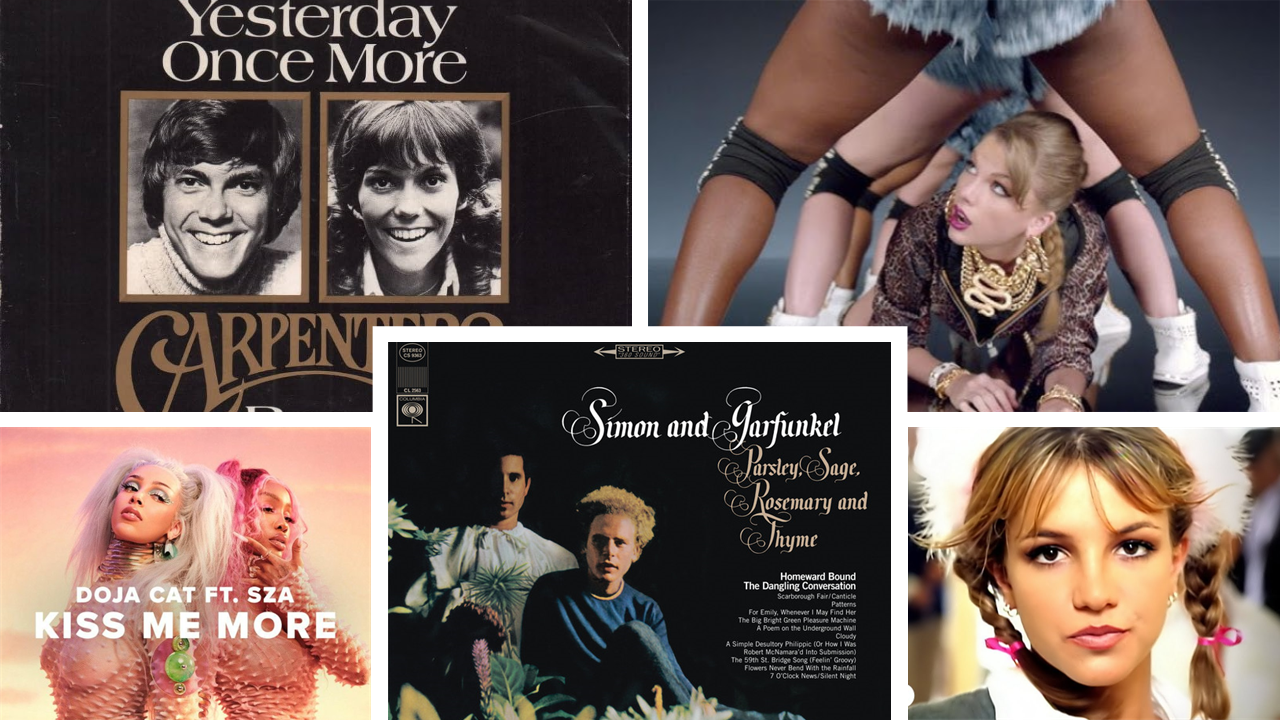My research employs an organizational theory lens to examine the dynamics of creative industries (such as commercial music and film), focusing particularly on industry evolution and entrepreneurial strategies for market shape and adaptation. Through a combination of empirical analysis and computational simulations (e.g., agent-based and NK models), I investigate how these industries evolve over time and the roles that entrepreneurial actions play in shaping their trajectories.
#1 – Organizational Design, Organizational Search, and their Microfoundations
Having worked in a multinational corporation for years, I transferred from a division whose structure is hierarchical, to another division where agile development and matrix structure dominate. This stark contrast impressed me and offered me a great opportunity to observe what is going on in such an environment as an insider. The most interesting part is that the then-existing matrix structure was experiencing some transformations, which further gave me a chance to closely examine the difficulties in the whole process. I personally do not enjoy working in a matrix organization, which is the main reason why I want to study how organizational designs influence companies and what is the influence of microfoundations in this process.
Organizational search is fascinating to me for two reasons: one is that much research in this field applies computational simulations, which is one of my favorite research method; the other is the connection between organizational search and individual search. For the computational simulations, I take it as a well-designed experiment without possible errors (program never make errors except the people who wrote those programs). Compounded with my background in economics and my passion for mathematics, I am fanatical about applying this method in my research.
In terms of search, I, seen as a fastidious, omnivorous maverick by others, usually criticized by senior people as ‘no clear identities’. Well, I take this as an endorsement for my high level of and long-lasting curiosity in academic research. In terms of this, my personal view about life is that we need to experience life as much as possible to obtain enough information about what this world is like before we make a final decision about where we should go, and which one is our destination. This is just an individual-level example of search. I understand that some people make decisions at their early stages and stick to that for the rest of their lives, but I personally feel that such decisions will let us miss a lot of beautiful sceneries in our lives. Before we can sense how this world is like, we will indeed look like stagnating without progress and sometimes even worse to be patronized due to the relative lower performance.
However, thanks to the current academic research, I found evidence to support my arguments. As shown in March (1991)’s seminal paper, slow learners greatly promoted the long-term development of the companies. As shown in Levinthal and Warglien (1999) whose research connected organizational search with organizational design, firms that can explore more in a rugged landscape can be more likely to reach the optimal peak instead of a sub-optimal one.
 Source: Papkou et al. (2023, Science)
Source: Papkou et al. (2023, Science)
The third example to support my argument is Philip Kuhn, the second dean of Fairbank Center of Chinese Studies at Harvard University. He finished his first book Soulstealers in 16 years with extremely high quality. However, the increasing criticism and pressures against his competence to be the dean over these 16 years were intimidating or even destructive to a person. I adore him not only because of his down-to-earth attitude toward academic research, but also because his perseverance in hanging in with this book instead of yielding to the public expectation and rushing out a book for recognition.

When it comes back to the organization level, the analogy can be easily made. Are we insisting on the existing business model to chase for short-term profits and revenues due to shareholders’ pressures, or should we spend more resources on innovation and long-term development? The answer is not simple, but I would like to borrow a word from Dr. Wesley Cohen and Dr. Daniel Levinthal, “Fortune Favors the Prepared Firms” (Cohen and Levinthal, 1994). Besides, individuals are reservoirs of knowledge for companies (Argote, 1999, 2013; Cohen and Levinthal, 1991), we cannot talk about organizational search while totally ignoring the microfoundation in this process.
#2 – Shape or Adapt: New Entrants in Search of Success in the Existing Market or Industry
Listening to music is one of my favorite things. While I was listening to the music, a special phenomenon confused me: Korean popular music can hold a significant market share in western countries music market. Why this is confusing is due to two reasons. Firstly, compared with Korean popular music, albums or songs produced in other Asian countries are not so popular, let alone taking market shares in western countries. Secondly, due to the theories in international business, especially institutional distance (Kostova, 1999) and CAGE framework (Ghemawat, 2018), cultures and languages are great barrier for the business to go abroad. However, K-pop music industry succeed in overcoming these difficulties and even boomed in other markets.
In addition to K-pop, the commercial music industry within the US is also interesting. From Scarborough Fair (1966) to Carpenters’ Yesterday Once More (1973) to MIchael Jackson’s Heal the World (1992) to Britney Spears’s Baby One More Time (1999) to Taylor Swift’s Shake It Off (2014) and Doja Cat’s Kiss Me More (2021), we can easily tell that they are in different styles. So, what is going on in the evolution of the music industry, especially their style, lyrics, tempo, etc.? How do these singers and producers shape or adapt to the culture norms to attract consumers, hold larger market shares, and achieve triumph? The strategy to shape or adapt is also related to the organizational search mentioned in last part.
I did two rounds of pilot studies with the help of undergraduate students in my class. Click me to see the research design.

#3 – Dark Side of Corporate Political Connections in the Dynamic Political Environments
This topic originates from my first-year paper, and I have a special feeling due to this reason about this topic. It is still an interesting field, and many more scholars are joining in to contribute and fill the gaps in the current literature. I am currently working on my dissertation regarding this topic at University of South Carolina, and plan to wrap up the last couple of projects in this area and then put an end to it for my research portfolio.
These are my three working papers in this area. Due to the switch of my research interests, I am also re-framing some, if not all, of them into the overlap between corporate political connections and organizational adaptation, organizational design, and microfoundations.
